The healthcare industry is growing rapidly, and with it, the demand for accurate and efficient medical billing services is on the rise. Starting a medical billing company can be a lucrative and rewarding business opportunity, especially for those with a background in healthcare, administration, or finance. At Thrive Medical Billing, we know from experience that launching such a company requires careful planning, compliance awareness, and a commitment to excellence. This guide will walk you through the key steps to starting your own medical billing company successfully.
Understanding the Role of a Medical Billing Company
Before starting your business, it’s important to understand exactly what a medical billing company does. Your primary role will be to manage the revenue cycle for healthcare providers. This involves:
-
Translating medical procedures and diagnoses into standardized billing codes.
-
Submitting claims to insurance companies for reimbursement.
-
Following up on unpaid or denied claims.
-
Sending statements to patients and collecting outstanding balances.
-
Ensuring compliance with HIPAA and other healthcare regulations.
At Thrive Medical Billing, we handle all these tasks with precision, ensuring that our clients receive accurate and timely payments while maintaining compliance.
Step 1: Gain the Necessary Knowledge and Skills
While you don’t need to be a doctor or nurse to run a medical billing company, you do need to understand medical terminology, billing codes, and insurance processes. Consider:
-
Taking courses in medical billing and coding (CPT, ICD-10, and HCPCS).
-
Learning about healthcare laws, especially HIPAA.
-
Gaining experience by working in a healthcare office or billing department.
Practical knowledge is the foundation of your business. Without it, mistakes could cost your clients money and damage your reputation.
Step 2: Choose Your Business Structure
Deciding on your company’s legal structure is a critical step. You can choose from:
-
Sole proprietorship.
-
Partnership.
-
Limited liability company (LLC).
-
Corporation.
At Thrive Medical Billing, we recommend consulting an attorney or accountant to determine which structure offers the best protection and tax benefits for your situation.
Step 3: Create a Detailed Business Plan
A well-structured business plan will guide your growth and attract potential investors or partners. Your plan should include:
-
Executive summary.
-
Company description.
-
Market research on the demand for medical billing services in your area.
-
Marketing and sales strategies.
-
Financial projections and startup costs.
This plan will serve as your roadmap as you launch and grow your medical billing company.
Step 4: Register Your Business and Obtain Licenses
You’ll need to register your company name, get a tax ID number, and apply for any required local or state licenses. While a medical billing company doesn’t usually require a special federal license, you must comply with all applicable regulations.
Step 5: Set Up Your Office and Technology
Whether you work from home or rent office space, you’ll need the right tools to run your business efficiently. Essential items include:
-
Medical billing software that integrates with electronic health records (EHR).
-
A secure computer system to protect patient data.
-
High-speed internet and phone systems.
-
HIPAA-compliant data backup solutions.
At Thrive Medical Billing, our investment in technology has been key to delivering fast, accurate, and secure services for our clients.
Step 6: Establish Compliance Procedures
Compliance is critical in medical billing. You must ensure that patient data is protected and that your processes meet federal and state requirements. This includes:
-
Training staff on HIPAA regulations.
-
Using encrypted software and secure networks.
-
Implementing strict access controls.
Failing to comply can lead to fines, lawsuits, and loss of trust from clients. At Thrive Medical Billing, we treat compliance as a daily priority, not just a checklist.
Step 7: Determine Your Pricing Structure
Pricing for a medical billing company can vary based on the services you offer. Common pricing models include:
-
Percentage of collections (usually 4–10%).
-
Flat fee per claim.
-
Hourly rates for consulting services.
Choose a structure that is competitive in your market while ensuring profitability.
Step 8: Market Your Services
Marketing is essential to attract your first clients. Strategies include:
-
Networking with healthcare providers in your area.
-
Building a professional website that outlines your services.
-
Advertising in medical industry publications.
-
Attending healthcare trade shows and conferences.
At Thrive Medical Billing, our reputation has grown through a combination of marketing and delivering excellent service that generates word-of-mouth referrals.
Step 9: Build Relationships with Clients
Strong client relationships are the backbone of a successful medical billing company. This involves:
-
Providing consistent, accurate results.
-
Maintaining open and transparent communication.
-
Offering customized solutions for each provider’s needs.
Healthcare providers value reliability, and your ability to deliver on promises will keep them coming back.
Step 10: Plan for Growth
Once your medical billing company is established, consider expanding your services. This could include:
-
Offering medical coding training.
-
Providing consulting on revenue cycle management.
-
Expanding to work with larger healthcare systems.
At Thrive Medical Billing, we continually look for ways to innovate and grow, helping our clients succeed while expanding our own business.
Challenges You Might Face
Starting a medical billing company comes with challenges, such as:
-
Keeping up with changing insurance regulations.
-
Competing with established billing companies.
-
Managing cash flow while waiting for client payments.
-
Ensuring constant accuracy in coding and claims.
However, these challenges can be overcome with proper training, dedication, and a strong focus on client satisfaction.
The Importance of Staying Updated
The healthcare industry is constantly changing. New coding updates, evolving insurance policies, and advancements in technology mean you must stay informed. Regular training and industry research will keep your medical billing company competitive.
At Thrive Medical Billing, our commitment to ongoing education and adaptation has been key to our success.
Final Thoughts
Starting a medical billing company is an exciting venture that offers the potential for long-term success. By understanding the industry, creating a solid business plan, investing in technology, and prioritizing compliance, you can build a company that delivers real value to healthcare providers.
At Thrive Medical Billing, we’ve learned that success comes from a combination of expertise, integrity, and strong client relationships. If you’re ready to enter the medical billing industry, take the time to prepare thoroughly—you’ll be building a business that not only earns a profit but also plays a vital role in keeping healthcare practices financially healthy.


Join our community to interact with posts!